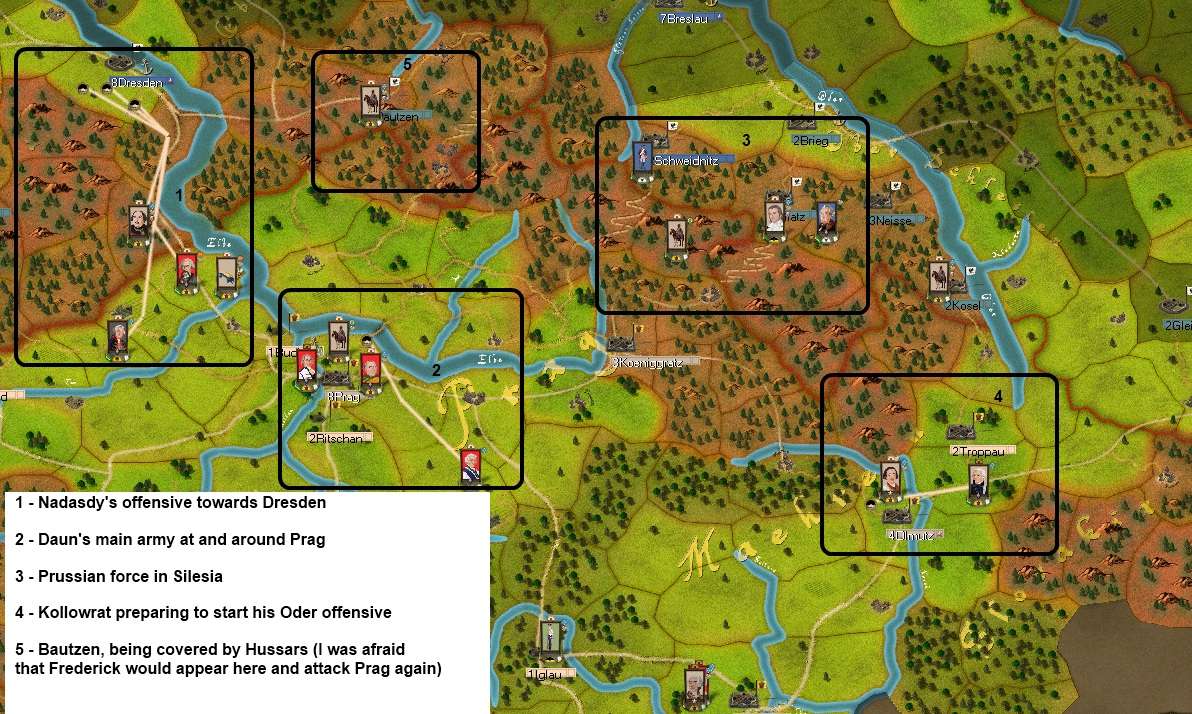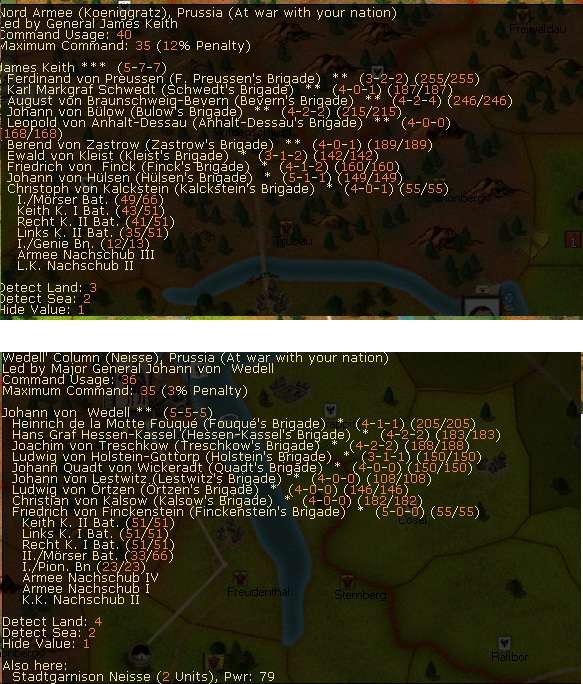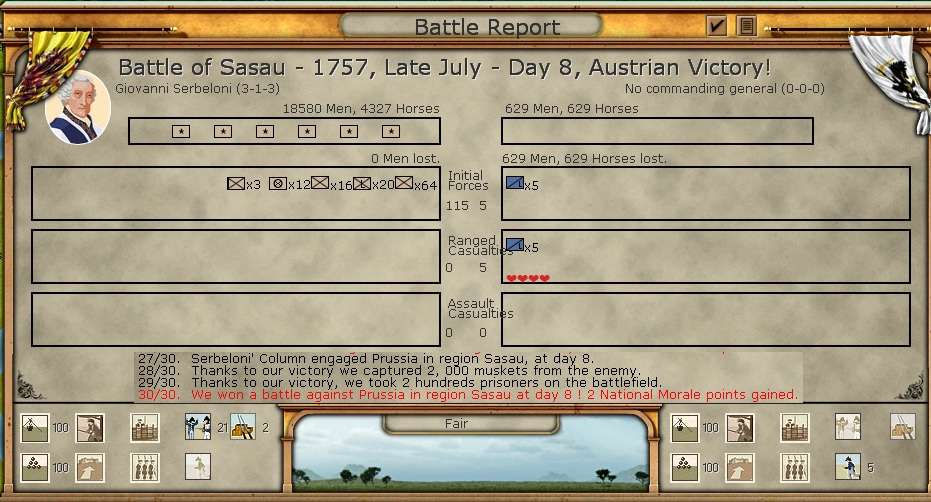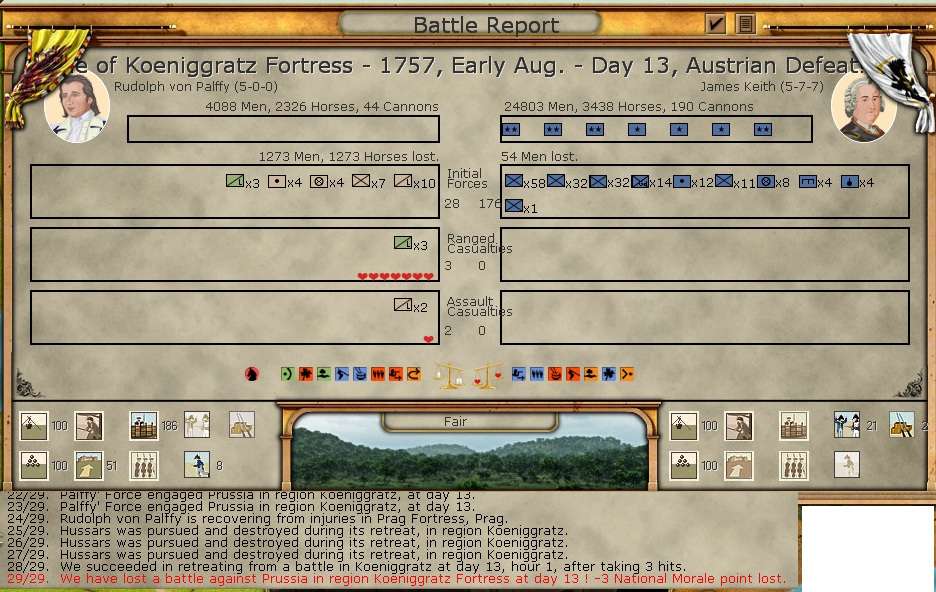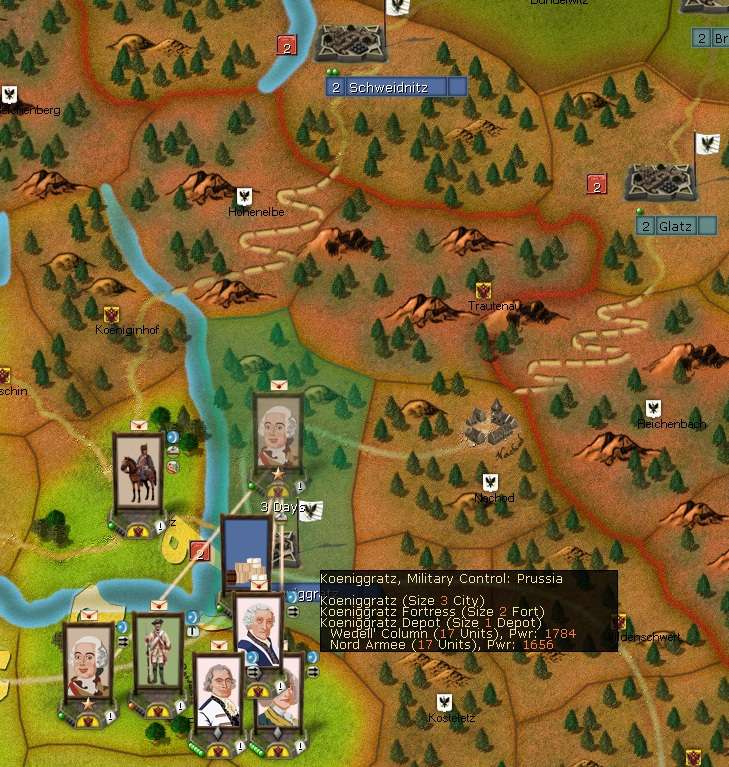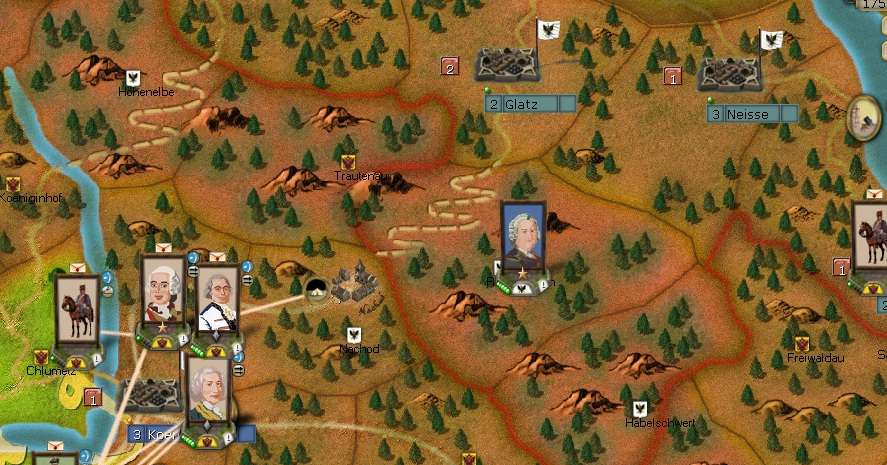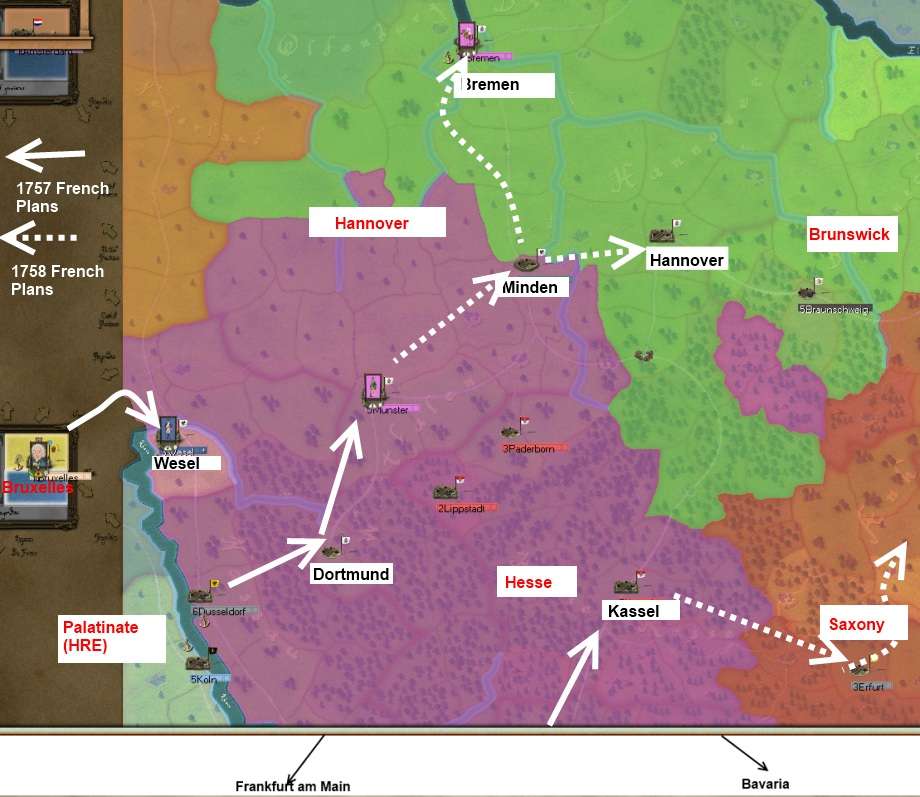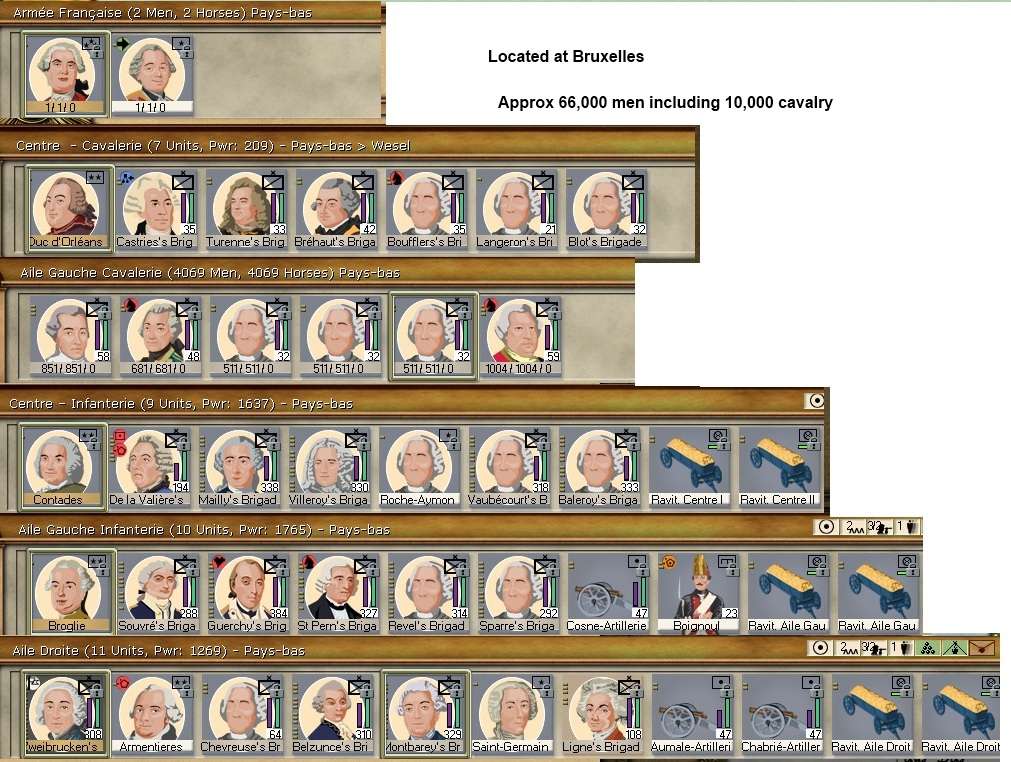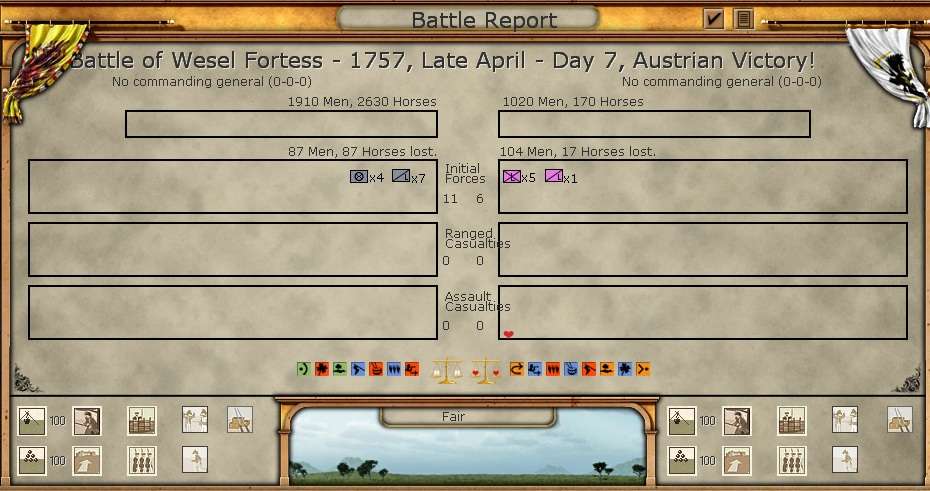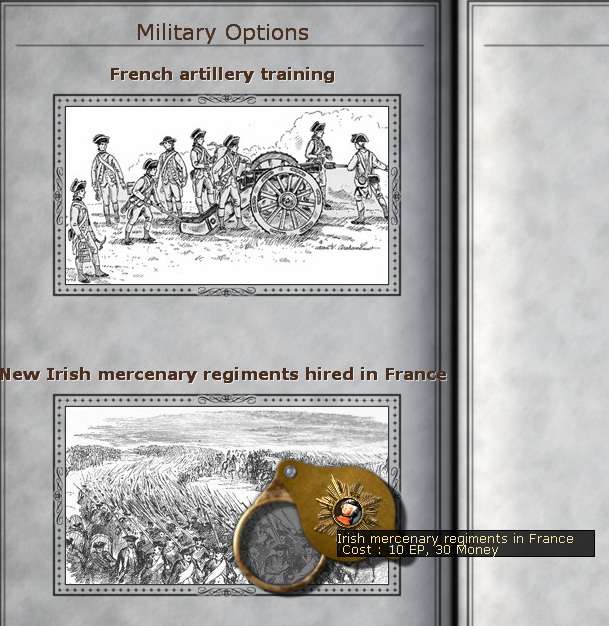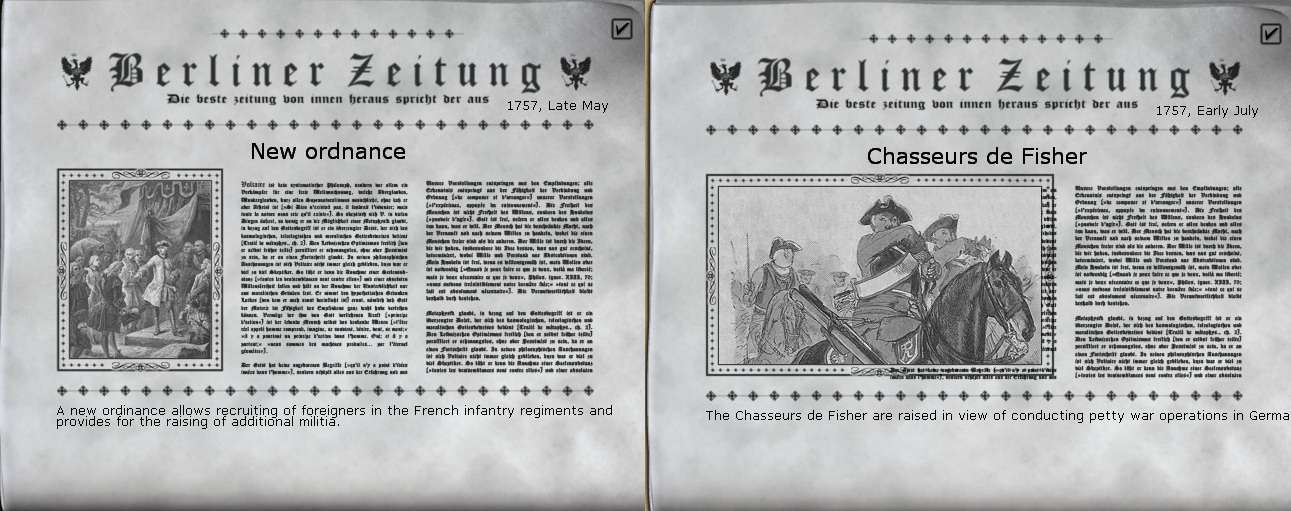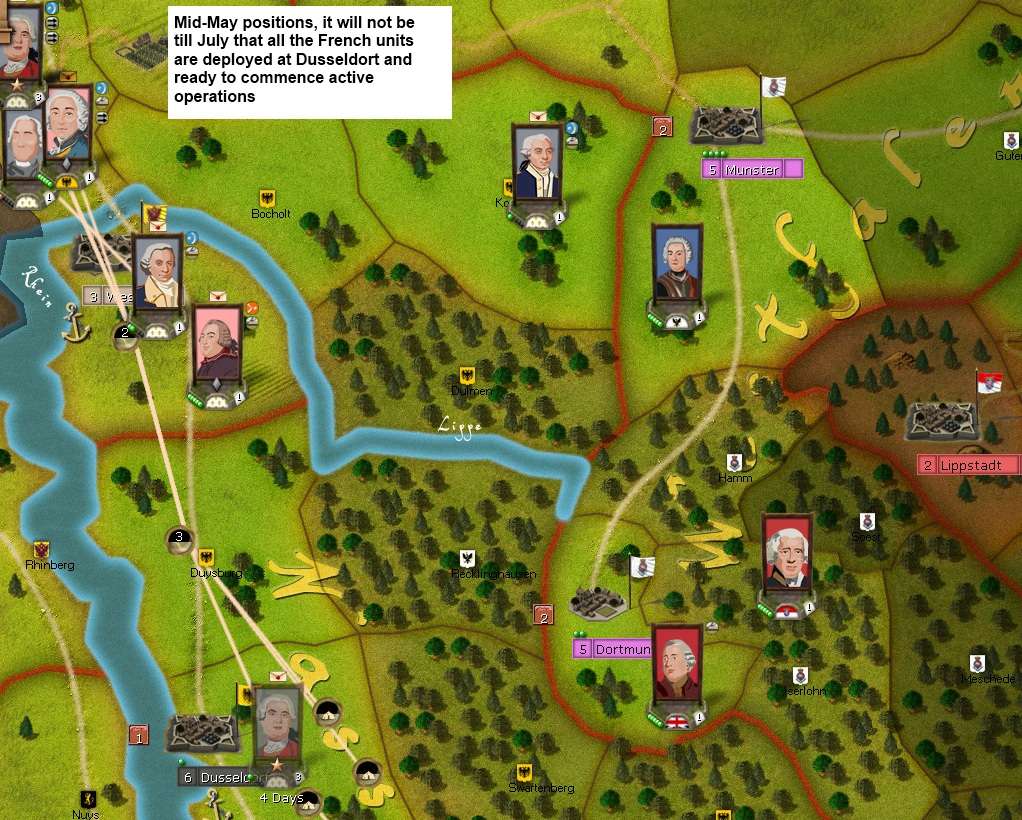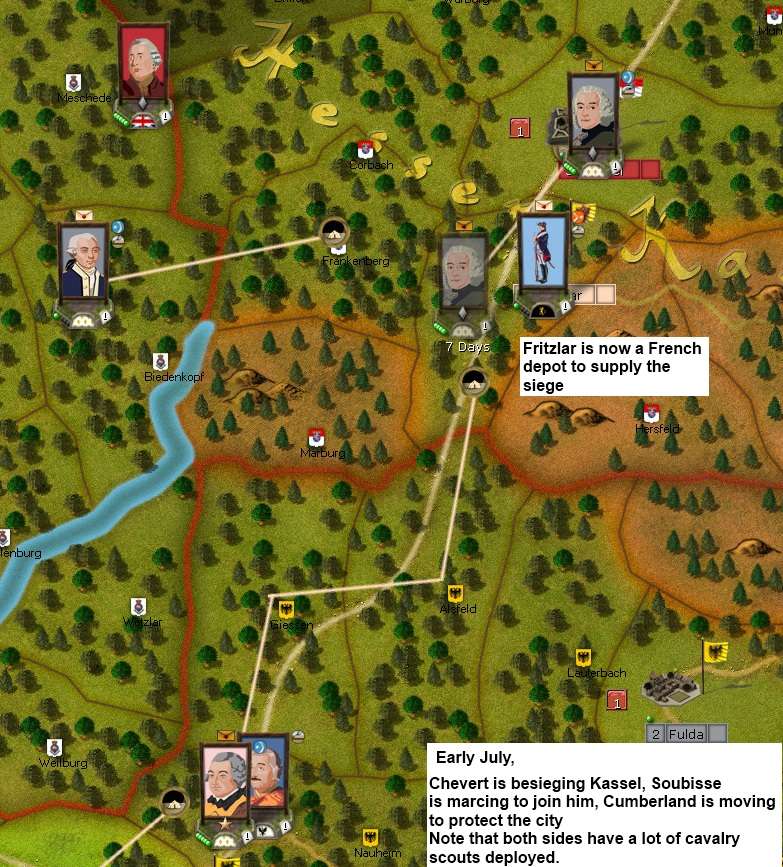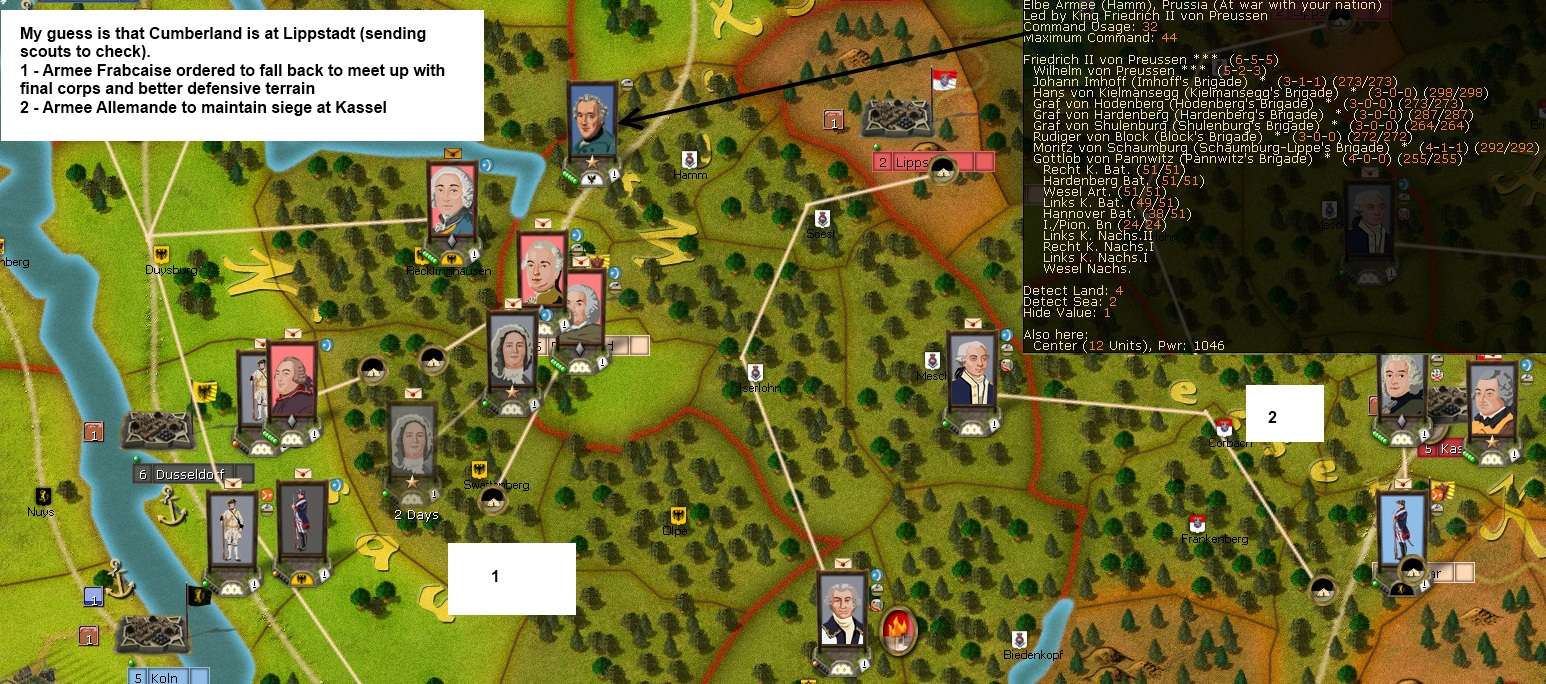The Dresden Campaign, 15 July-30 September 1758
The outcome of the Prag campaign opened up threats and opportunities for both sides. The Prussian army fell back eastwards into Silesia and brought Koenigratz under siege [1]. For Daun, he had to balance continuing to defend Prag with the opportunity to strike into Saxony now that Frederick's army was unable to contest such an advance.
By the end of June, Serbolini with additional fresh brigades arrived at Prag and Daun ordered Nadasdy to commence a cautious advance along the Elbe, with the initial goal of clearing the last Prussian forces from northern Bohemia. Of importance, the Bavarians were now fully committed and, their mobile units were organised into two columns under the command of Saxe-Hildburg [2].
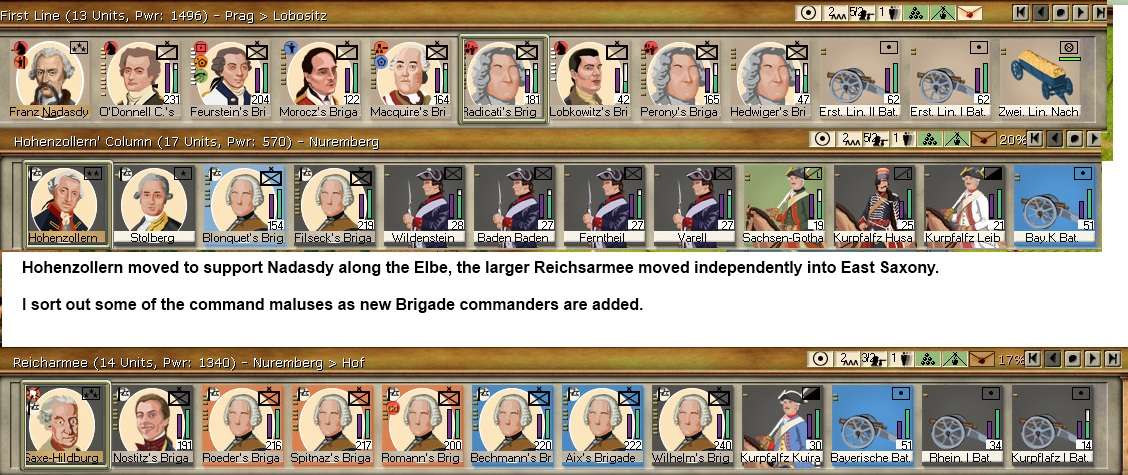
Nadasdy was ordered to advance along the Elbe and one Bavarian column moved across the mountain chain into South-West Saxony near Leipzig while Hohenzollern marched to join with Nadasdy.
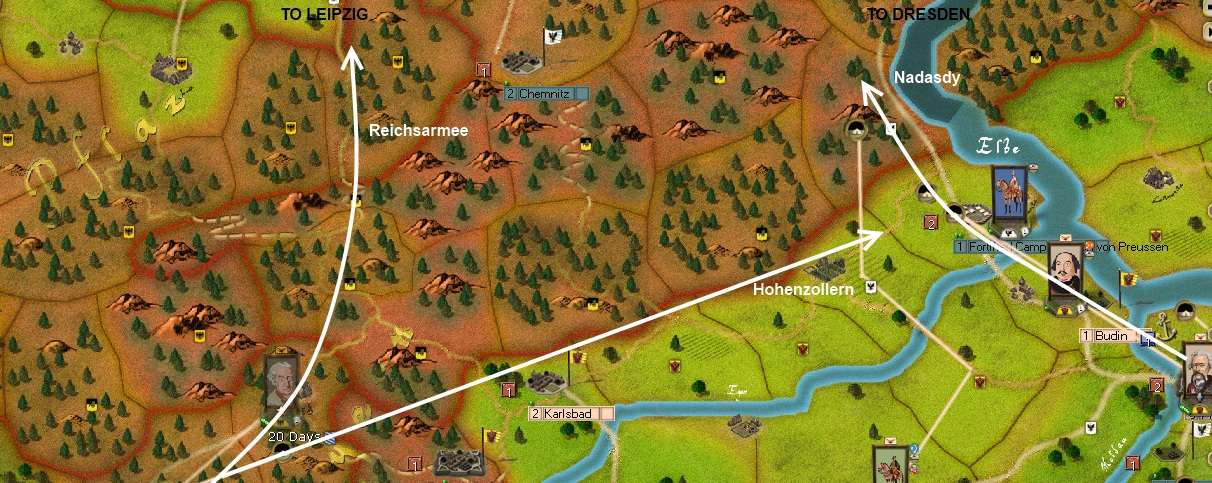
By early August, it appeared as if there were no major Prussian forces between Nadasdy and Dresden, and in attempt to push the pace of operations, Roeder was detached from the Reichsarmee, now at Chemnitz, to sieze Leipzig. Unfortunately, Moritz's cavalry were recovering from their battering at Prag in the city [3].
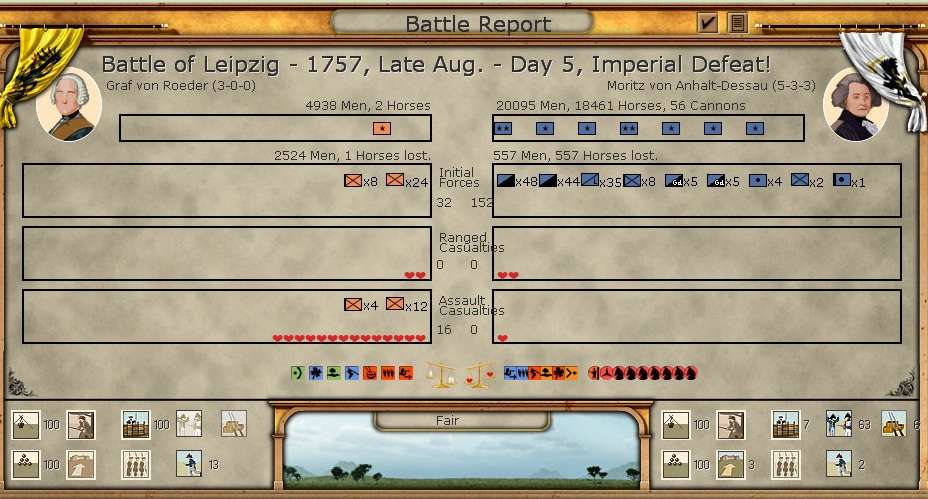
Despite this setback, Nadasdy's veterans swept into Dresden on the 1 September 1757, 11 months after Saxony had surrendered.
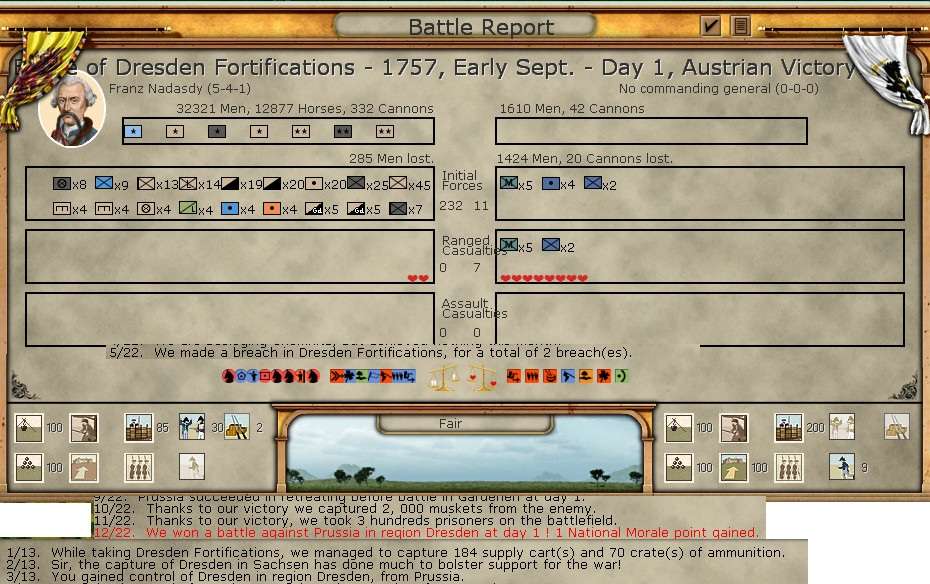
In an attempt to exploit the victory, Nadasdy struck at Leipzig while Saxe-Hildburg moved to secure his line of communication.
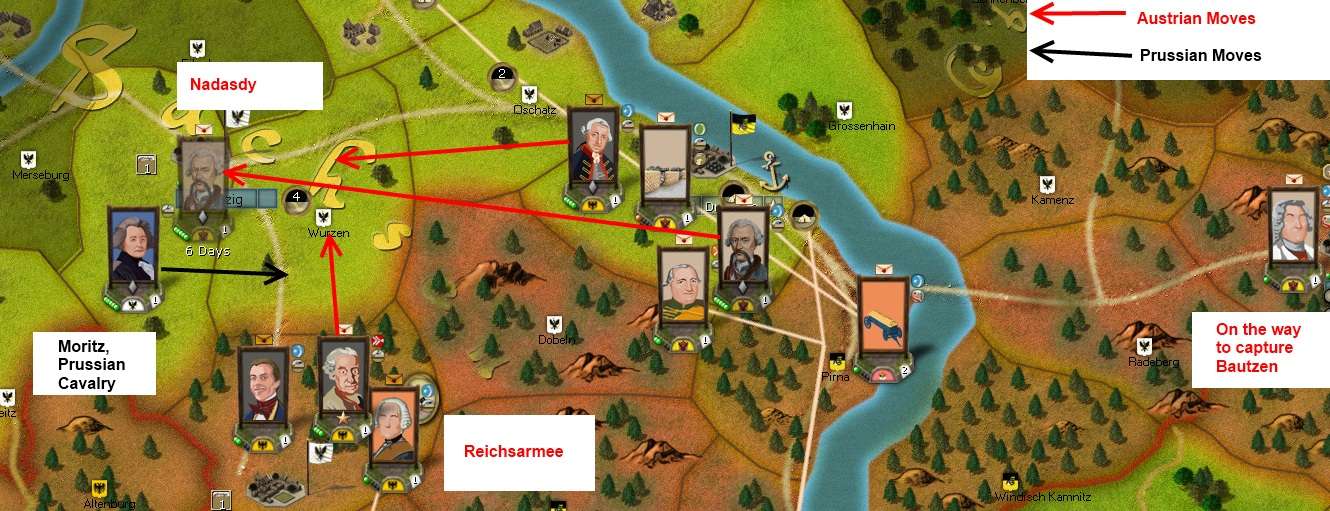
In a confused campaign, Moritz was able to hit the Bavarians at Wurzen, inflicting a substantial defeat when his heavy cavalry caught the under-trained Bavarian units in the open, inflicting substantial losses when the Bavarians panicked rather than form squares
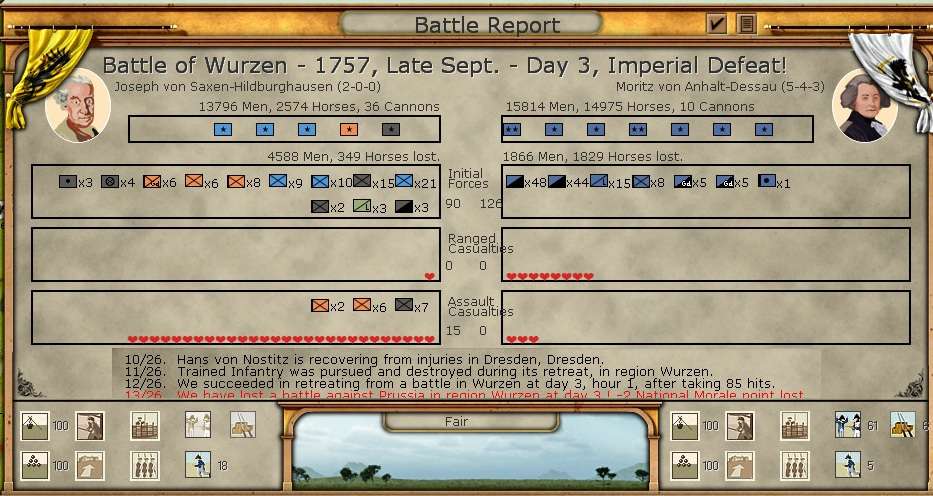
However, the Prussian advantage was short lived, and on 20 September, Nadasdy's veterans struck the exhausted Prussian horse. The result was less a set piece battle and more a series of isolated encounters. Most of the battle was a series of encounters between the respective cavalry forces but Nadasdy was able to bring his infantry to bear, driving Moritz's horse from the field.
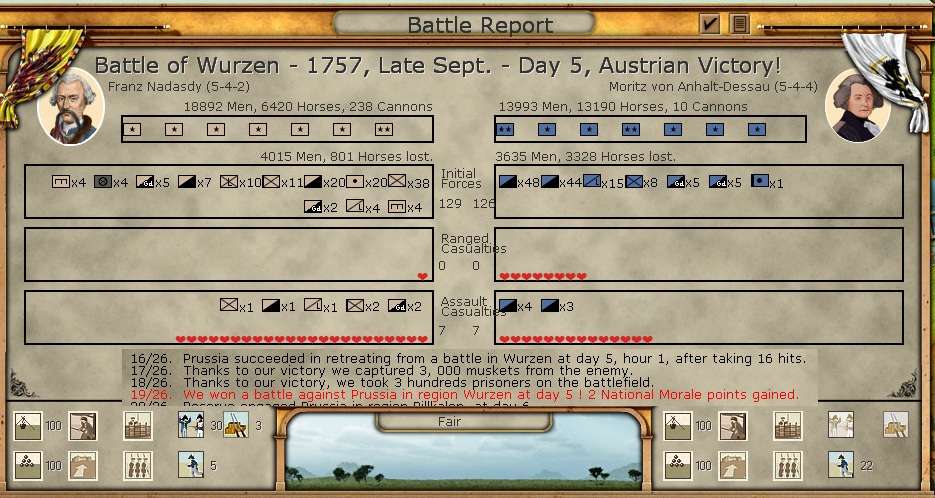
By the end of September, despite the defeats experienced by the Bavarians, the Austrians had secured Dresden and Bautzen, thus securing southern Saxony. Nadasdy was ordered to try to seize Leipzig and Torgau in an attempt to cut the Prussian communications between their forces in Silesia and the Hannoverians. It appeared as if the gamble of attacking into Saxony had paid off.
[1] – I'll come back to this in the next sequence of posts.
[2] – There are a lot of loose battalions not allocated but I use for rear area security
[3] – I was so afraid that Frederick would intervene against Nadasdy that all Hussar scouts are out screening and protecting his advance, I forget to check what might have been at Leipzig.
The outcome of the Prag campaign opened up threats and opportunities for both sides. The Prussian army fell back eastwards into Silesia and brought Koenigratz under siege [1]. For Daun, he had to balance continuing to defend Prag with the opportunity to strike into Saxony now that Frederick's army was unable to contest such an advance.
By the end of June, Serbolini with additional fresh brigades arrived at Prag and Daun ordered Nadasdy to commence a cautious advance along the Elbe, with the initial goal of clearing the last Prussian forces from northern Bohemia. Of importance, the Bavarians were now fully committed and, their mobile units were organised into two columns under the command of Saxe-Hildburg [2].

Nadasdy was ordered to advance along the Elbe and one Bavarian column moved across the mountain chain into South-West Saxony near Leipzig while Hohenzollern marched to join with Nadasdy.

By early August, it appeared as if there were no major Prussian forces between Nadasdy and Dresden, and in attempt to push the pace of operations, Roeder was detached from the Reichsarmee, now at Chemnitz, to sieze Leipzig. Unfortunately, Moritz's cavalry were recovering from their battering at Prag in the city [3].

Despite this setback, Nadasdy's veterans swept into Dresden on the 1 September 1757, 11 months after Saxony had surrendered.

In an attempt to exploit the victory, Nadasdy struck at Leipzig while Saxe-Hildburg moved to secure his line of communication.

In a confused campaign, Moritz was able to hit the Bavarians at Wurzen, inflicting a substantial defeat when his heavy cavalry caught the under-trained Bavarian units in the open, inflicting substantial losses when the Bavarians panicked rather than form squares

However, the Prussian advantage was short lived, and on 20 September, Nadasdy's veterans struck the exhausted Prussian horse. The result was less a set piece battle and more a series of isolated encounters. Most of the battle was a series of encounters between the respective cavalry forces but Nadasdy was able to bring his infantry to bear, driving Moritz's horse from the field.

By the end of September, despite the defeats experienced by the Bavarians, the Austrians had secured Dresden and Bautzen, thus securing southern Saxony. Nadasdy was ordered to try to seize Leipzig and Torgau in an attempt to cut the Prussian communications between their forces in Silesia and the Hannoverians. It appeared as if the gamble of attacking into Saxony had paid off.
[1] – I'll come back to this in the next sequence of posts.
[2] – There are a lot of loose battalions not allocated but I use for rear area security
[3] – I was so afraid that Frederick would intervene against Nadasdy that all Hussar scouts are out screening and protecting his advance, I forget to check what might have been at Leipzig.


